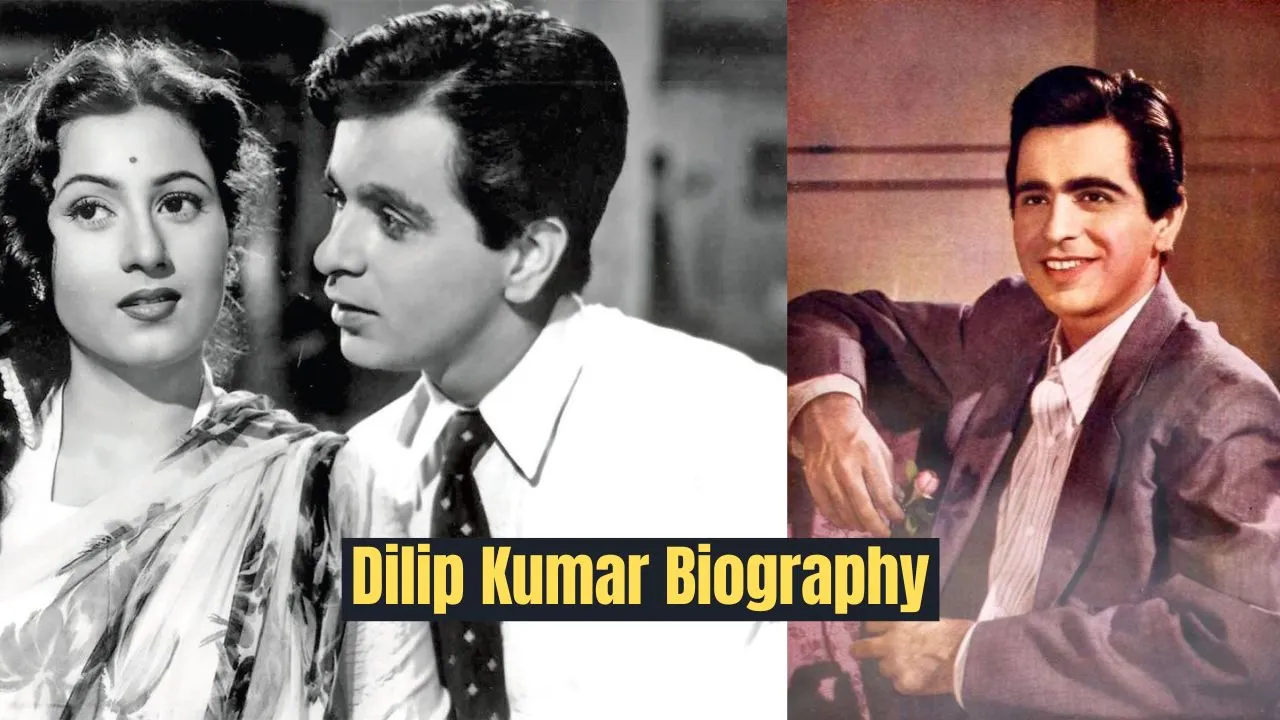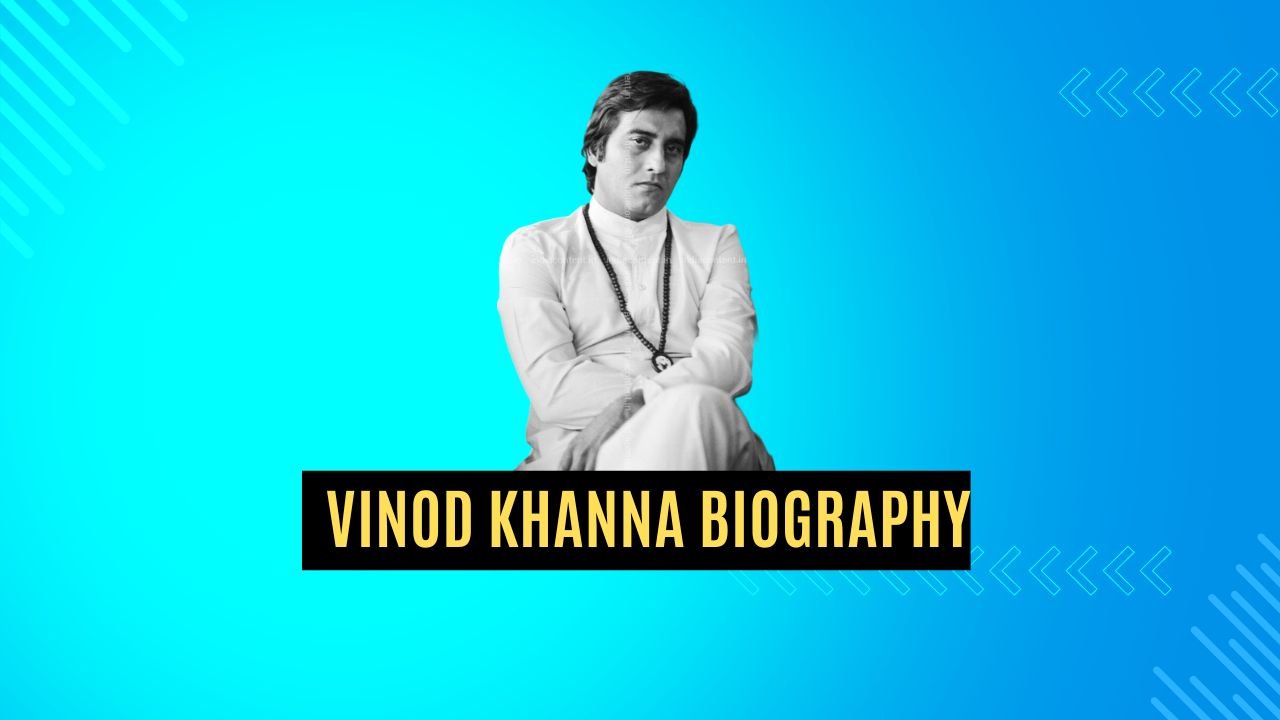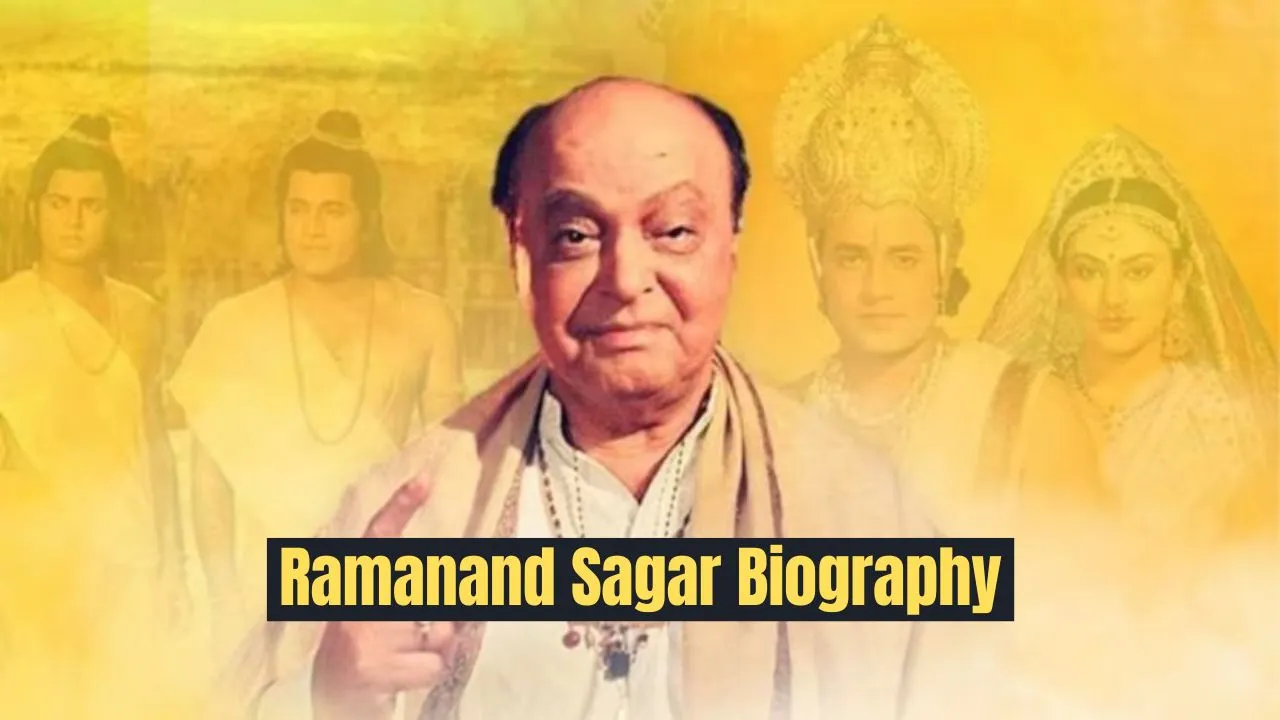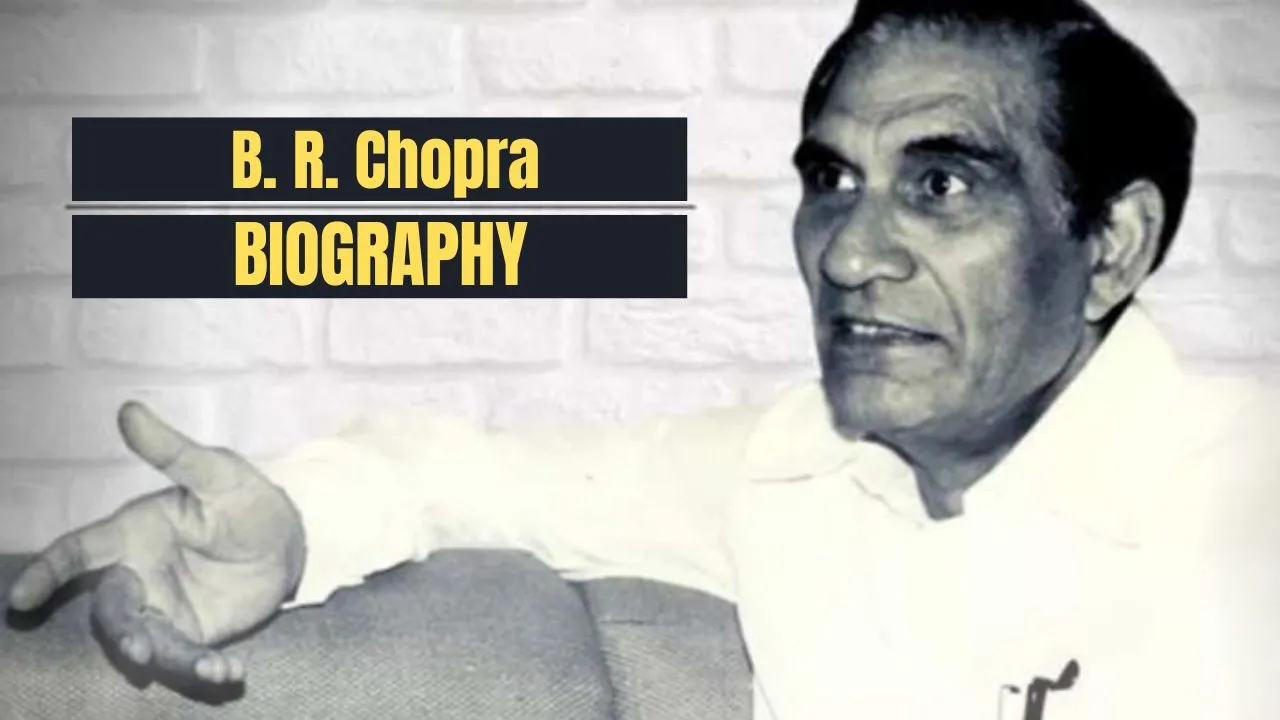Dilip Kumar Biography: In the kaleidoscope of Bollywood’s history, there exists a shining star whose brilliance continues to illuminate the world of Indian cinema. His name is synonymous with versatility, integrity, and timeless performances. Dilip Kumar, born as Mohammad Yusuf Khan on December 11, 1922, in Peshawar, British India (now Pakistan), embarked on a journey that not only transformed his life but also left an indelible mark on the annals of Indian cinema.
Early Life:
Dilip Kumar’s journey began in the quaint lanes of Qissa Khawani Bazaar in Peshawar. Born into a humble family, he was the youngest of twelve siblings. Little did the world know that this unassuming boy would one day reign supreme as the “Tragedy King” of Indian cinema.
Despite facing financial constraints, Dilip Kumar was a bright student with a passion for literature and poetry. His love for the arts, coupled with his innate talent for acting, would later shape his destiny. However, destiny had its own plans for him, far beyond the horizon of Peshawar.
Journey to Stardom:
The journey from Mohammad Yusuf Khan to Dilip Kumar was not merely a change in name but a transformation of identity, an evolution of character. Moving to Mumbai in the 1940s, young Yusuf Khan stepped into the world of Hindi cinema, armed with determination and a dream in his heart.
His early years in Mumbai were marked by struggles and rejections, typical of aspiring actors trying to make their mark in the industry. However, his perseverance and talent caught the attention of Devika Rani, the leading actress and producer of Bombay Talkies. It was she who suggested the name “Dilip Kumar” for the budding actor, a name that would soon become synonymous with cinematic excellence.
The Tragedy King:
Dilip Kumar’s acting prowess found its true expression in tragic roles, earning him the title of the “Tragedy King” of Indian cinema. His ability to emote complex emotions with subtlety and depth set him apart from his contemporaries. Whether portraying the angst of a lovelorn poet in “Devdas” or the conflicted prince in “Mughal-e-Azam,” Dilip Kumar breathed life into every character he portrayed.
His collaboration with legendary filmmakers like Bimal Roy, Mehboob Khan, and Guru Dutt resulted in cinematic masterpieces that continue to mesmerize audiences to this day. Films like “Madhumati,” “Naya Daur,” and “Ganga Jamuna” showcased his range as an actor and cemented his status as a true icon of Indian cinema.
Personal Life:
Beyond the glitz and glamour of the silver screen, Dilip Kumar’s personal life was a tale of love, heartache, and resilience. His marriage to actress Saira Banu remains one of the most enduring love stories in Bollywood. Despite the challenges and ups and downs that life threw their way, the couple stood by each other’s side, a beacon of love and companionship in an industry known for its fleeting relationships.
Legacy:
Dilip Kumar’s contribution to Indian cinema extends beyond his on-screen performances. He was a trailblazer who paved the way for future generations of actors with his dedication to his craft and commitment to excellence. His influence transcended borders, earning him accolades and recognition on the international stage.
In 1994, Dilip Kumar was honored with the Padma Bhushan, India’s third-highest civilian award, in recognition of his contributions to the arts. His legacy continues to inspire aspiring actors and filmmakers, serving as a reminder of the power of cinema to touch hearts, provoke thought, and ignite change.
Conclusion:
As the curtains draw to a close on the illustrious life and career of Dilip Kumar, one cannot help but marvel at the impact he has had on Indian cinema and the hearts of millions of fans worldwide. His journey from Mohammad Yusuf Khan to Dilip Kumar is not just a story of one man’s rise to stardom but a testament to the enduring power of talent, perseverance, and passion.
Though the mortal form may have departed, Dilip Kumar’s immortal legacy will continue to shine brightly, guiding and inspiring generations to come. As we bid farewell to the Tragedy King, we do so with gratitude for the memories he has given us and the indelible mark he has left on the canvas of Indian cinema. Rest in peace, Dilip Sahab, knowing that your legacy will live on forever in the hearts of those who loved and admired you.



